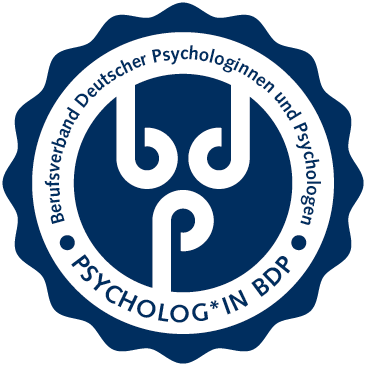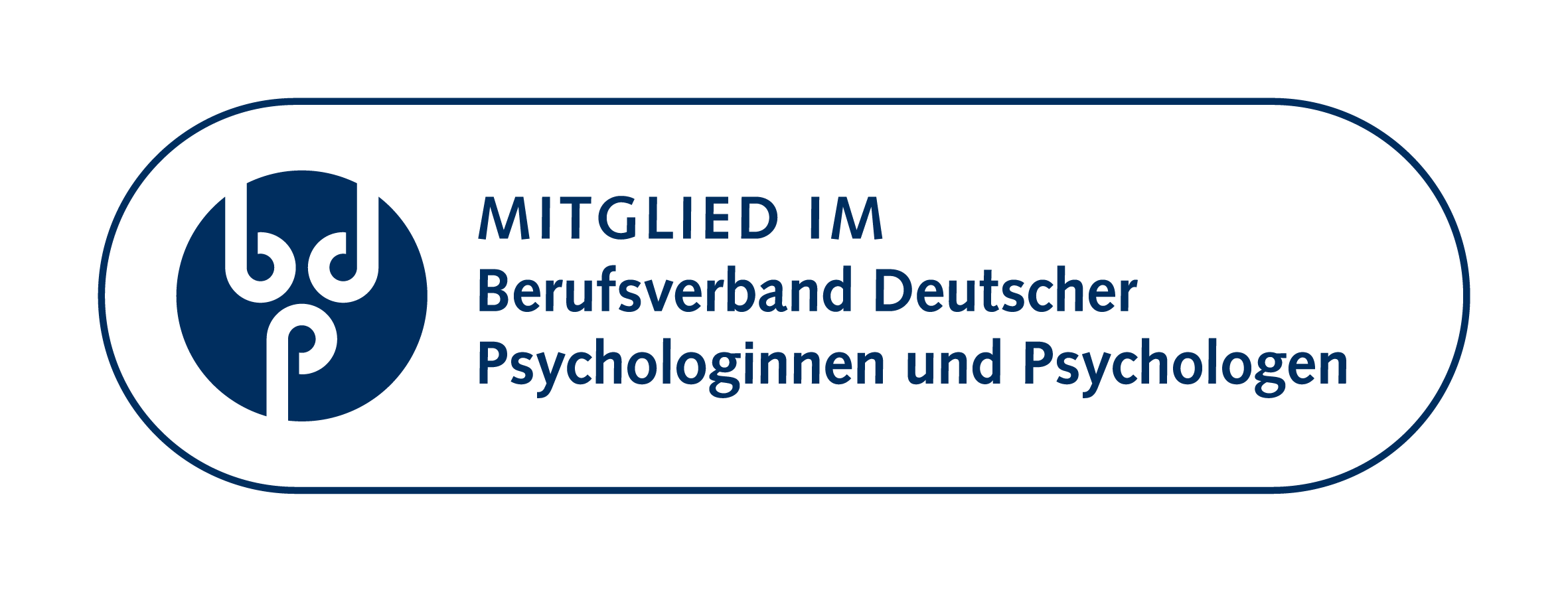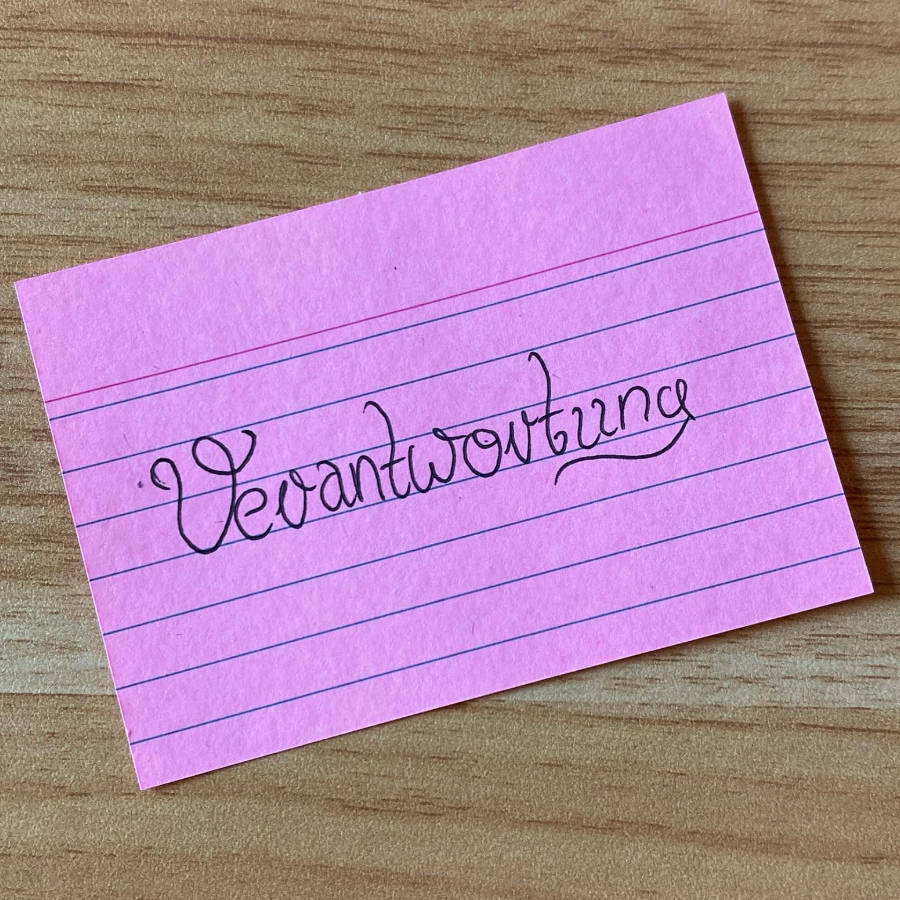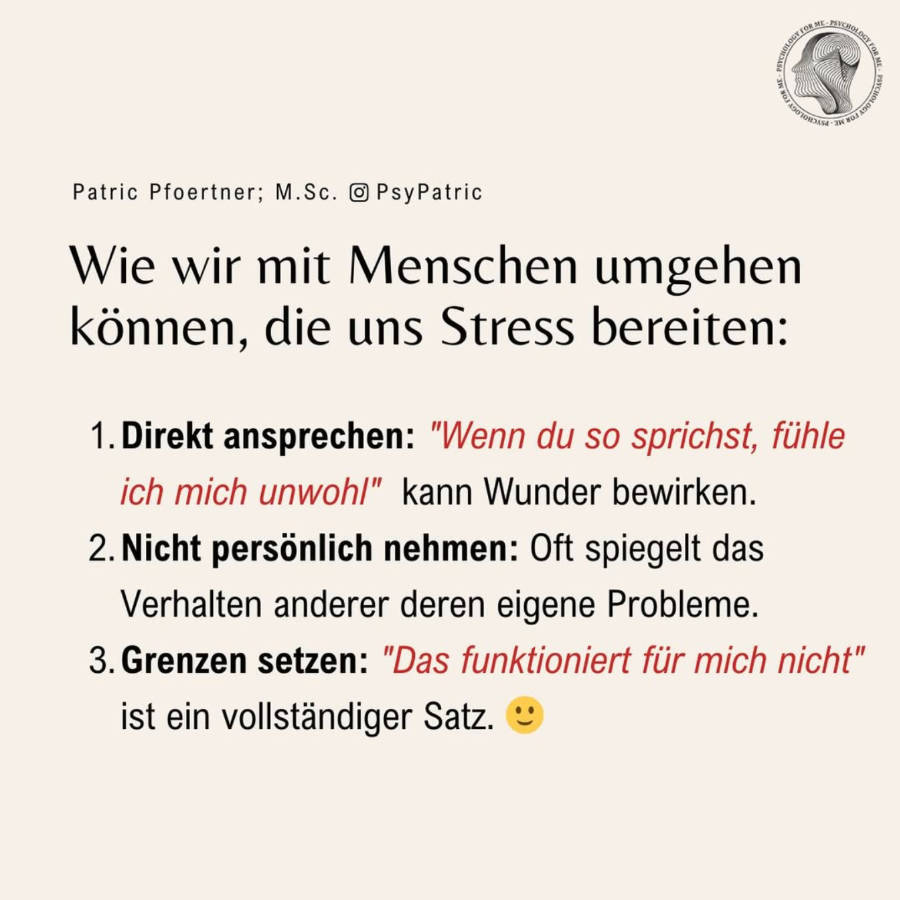Understanding Social Anxiety: A Path to Clarity
Navigating social interactions can be a source of joy and connection for many, but for others, it can be a significant source of distress and apprehension. If you often find yourself feeling uneasy, anxious, or overwhelmed in social situations, you're not alone. These feelings, when persistent and impactful, can be indicative of social anxiety, also known as social phobia.
It's important to remember that experiencing anxiety in certain situations is a normal human response. However, when this anxiety becomes so intense that it interferes with your daily life, relationships, or career, it might be time to explore it further. Our self-assessment test is designed to offer you an initial, private insight into how social anxiety might be affecting you. This isn't a diagnosis, but a stepping stone towards understanding your experiences better.
Many individuals grappling with these feelings often have similar questions. Let's explore some of the most common ones:
Common Questions About Social Anxiety
- What exactly is social anxiety?
Social anxiety disorder is characterized by a persistent and intense fear of being observed and judged by others, leading to significant distress and avoidance of social situations. This fear often stems from a concern about embarrassment or humiliation in public settings. It's more than just shyness; it's a profound fear that can limit one's life significantly. - How does social anxiety manifest?
The symptoms can be varied. You might experience intense worry before social events, physical symptoms like a racing heart, sweating, trembling, or blushing during interactions, and a strong urge to avoid social gatherings altogether. Cognitively, you might be preoccupied with how you are perceived, believing others are constantly scrutinizing you. - Why do I feel this way?
The causes are complex, often involving a combination of genetic predispositions, brain chemistry, and learned experiences. Negative social experiences, an overprotective or critical upbringing, or even observing anxious behaviors in others can contribute. It's not a sign of weakness, but a psychological condition that can be understood and managed. - When should I seek professional help?
If your social anxiety significantly impacts your quality of life – hindering your ability to work, form relationships, or pursue personal interests – it's highly recommended to seek professional support. A mental health professional can provide an accurate diagnosis and develop a tailored treatment plan. - What can I do to cope?
Initial steps might include practicing relaxation techniques, gradually exposing yourself to feared social situations (in a controlled manner), challenging negative thoughts, and focusing on others rather than yourself during interactions. Remember, progress is often gradual, and professional guidance can be invaluable.
About This Social Anxiety Self-Assessment Test
This self-assessment test is designed to provide you with:
- An initial understanding of the extent to which social anxiety might be impacting your life.
- Insights into common feelings and behaviors associated with social anxiety.
- A stepping stone to help you decide if further exploration or professional support might be beneficial.
Taking this step to explore your feelings is a courageous act. Whether your results indicate mild concerns or a higher impact, remember that support and effective strategies are available. Understanding is the first step towards managing and ultimately thriving beyond the grip of social anxiety.
























